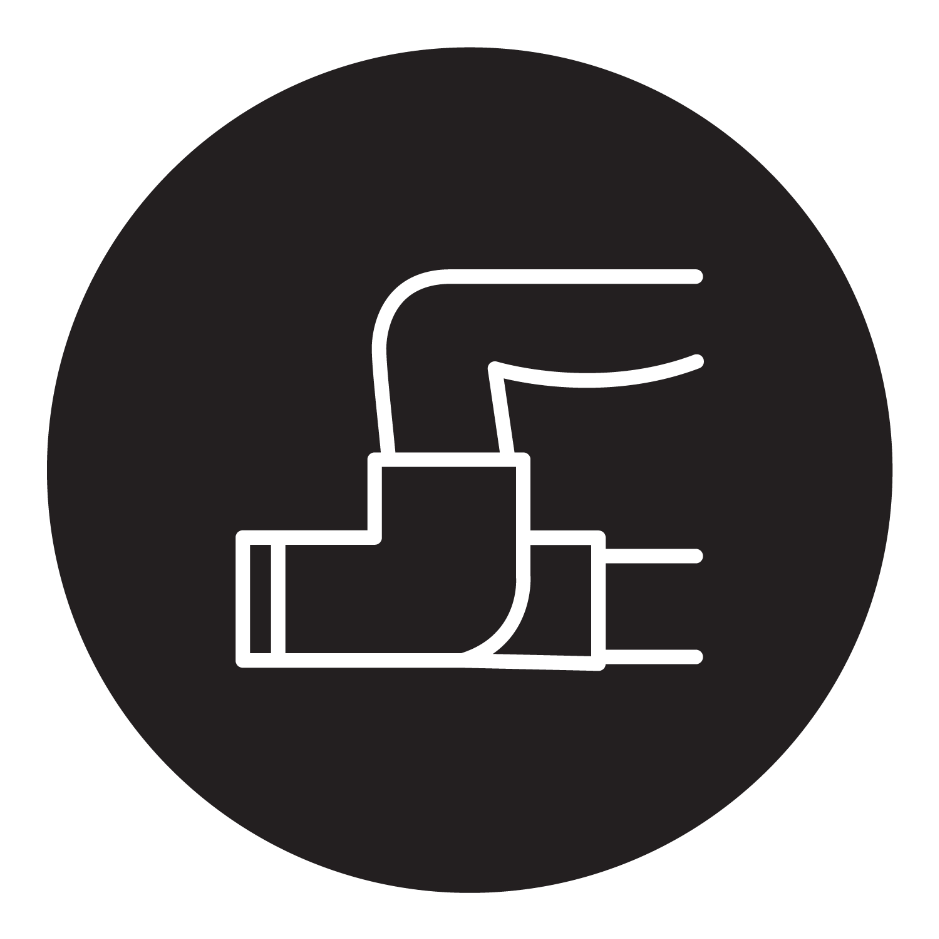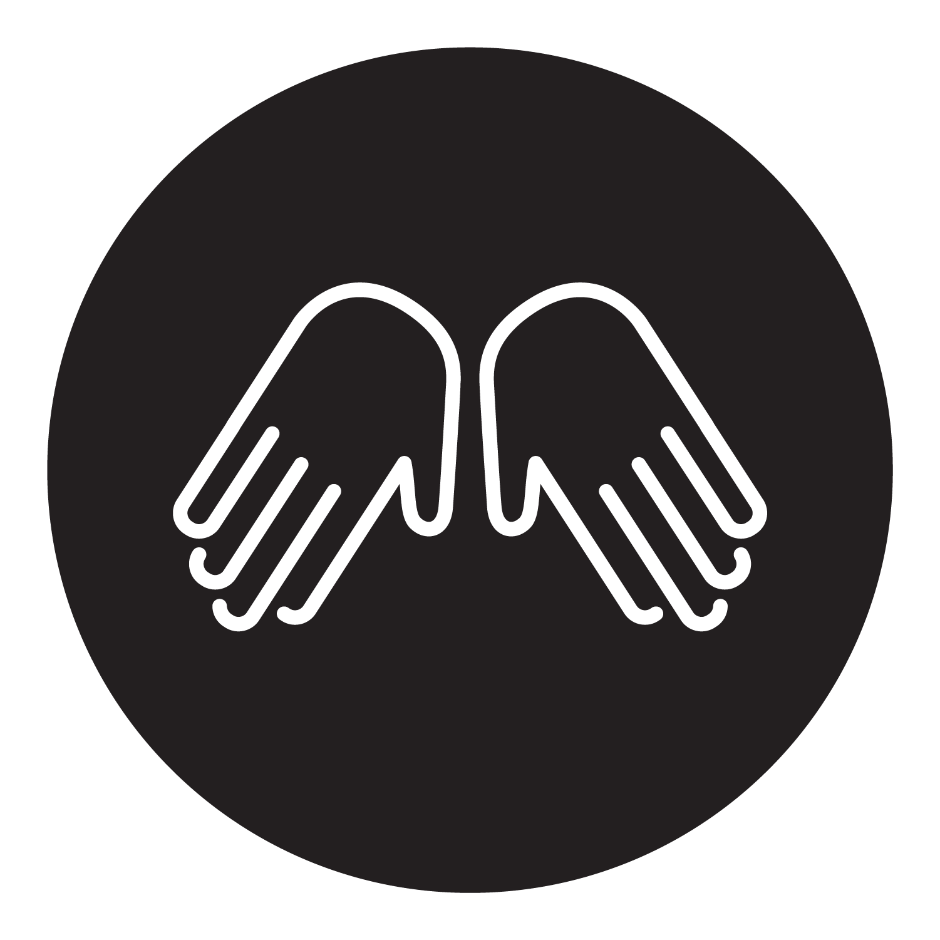Whiplash & Concussion Treatment
Head and neck injuries are common in Canada. This article will discuss the causes and symptoms of some of the most common head and neck injuries, including whiplash, concussion, headache from muscle strain, and pinched nerve in the neck.
We will also explore the recommended treatment options, which include physiotherapy and chiropractic care, and describe the different exercises, manual therapies, and range of motion techniques that can be used to alleviate pain and improve mobility.

Booking an Appointment for Physiotherapy and Chiropractic Care

Physiotherapy and chiropractic care generally focus on treating or preventing musculoskeletal injuries and disorders. Physiotherapy uses exercise, manual therapy, and other techniques to improve movement and function, while chiropractic care uses manual manipulation of the spine to improve alignment and reduce pain. To ensure proper diagnosis and treatment, seeking professional help when dealing with head and neck injuries is crucial.
A professional assessment can help identify the specific injury, its severity, and any underlying conditions contributing to it. The assessment process typically involves a physical examination, medical history, and diagnostic tests such as X-rays or MRI scans. Based on the assessment results, a personalized treatment plan can be created that may include exercises to improve strength and flexibility, manual therapy to reduce pain and improve range of motion, and other techniques such as acupuncture or massage therapy.
At Myodynamic, our experienced physiotherapists and chiropractors can provide personalized treatment plans to help you recover and improve your overall health and well-being. Don't let pain and discomfort affect your quality of life any longer. Book an appointment with us today and take the first step towards feeling better.
Brain Injury Statistics in Canada
The impact of brain injury has grown significantly both locally and globally, as evidenced by various statistics. Brain injuries have a higher likelihood of causing death or permanent disability compared to other types of injuries, making them a significant contributor to disability and mortality worldwide.
Despite this, brain injury receives far less funding nationally than any of the issues above do provincially. Every day, around 452 Canadians suffer from severe brain injuries, amounting to one traumatic brain injury every three minutes.
In Canada, the annual rate of brain injury is 500 per 100,000 individuals, resulting in roughly 165,000 severe brain injuries per year (excluding concussions, mild traumatic brain injuries, military injuries, or unreported cases) from a population of 33,000,000.
Sadly, tens of thousands of Canadians become partially or permanently disabled due to brain injuries, and more than 11,000 individuals lose their lives each year due to brain injury.
Whiplash
Whiplash is a neck trauma that happens when the head is abruptly and vigorously snapped back and forth. This may result in stretching and ripping of the neck's muscles, tendons, and other pliable tissues. While car crashes are often linked with whiplash, it can also occur due to sports-related injuries or physical assault.
Symptoms of whiplash:
- Neck pain and stiffness
- Headaches
- Dizziness
- Fatigue
- Tingling (and sometimes, numbness) in the arms or hands
- Difficulty sleeping
- Difficulty concentrating
- Long-term or chronic pain and disability in severe cases
Concussion
A concussion is a brain injury that occurs when the brain is jolted or shaken inside the skull, often due to a blow to the head. This sudden movement can cause the brain to bounce or twist within the skull, leading to chemical changes and cell damage.
The symptoms of a concussion can range from mild to severe. In some cases, the symptoms of a concussion may not appear until several days or weeks after the injury occurs.
Symptoms of concussion:
- Headache
- Dizziness
- Confusion
- Nausea or vomiting
- Sensitivity to light or noise
- Blurred vision
- Memory loss
Headache from Muscle Strain
Headache from muscle strain is a headache caused by tension in the neck and shoulder muscles, which can radiate up into the head. This tension can be caused by poor posture, stress, or repetitive strain. To assist with muscle strain around the neck we recommend massage therapy.
Symptoms of headache from muscle strain:
- Dull, aching pain in the head
- Pain or stiffness in the neck and shoulders
- Sensitivity to light or noise
- Difficulty concentrating
- Fatigue
- Nausea or vomiting (in some cases)
Pinched Nerve in Neck

A pinched nerve of this type occurs when a nerve in the neck is compressed or squeezed. It can happen when the surrounding tissues, such as muscles or bones, pressure the nerve. Various factors, including poor posture, herniated disks, and degenerative disc disease, can cause a pinched nerve in the neck. Injuries like whiplash or repetitive strain injuries can also cause it.
Symptoms of a pinched nerve in the neck:
- Pain or aching in the neck
- Radiating pain or numbness in the shoulder, arm, or hand
- Muscle weakness in the affected area
- Tingling or a pins-and-needles sensation in the affected area
- Decreased range of motion in the neck
- Headaches (in some cases)



